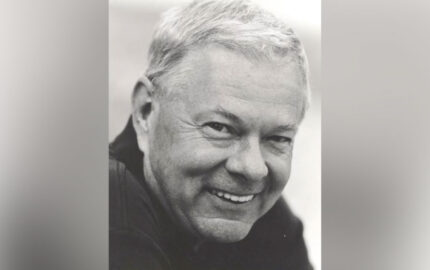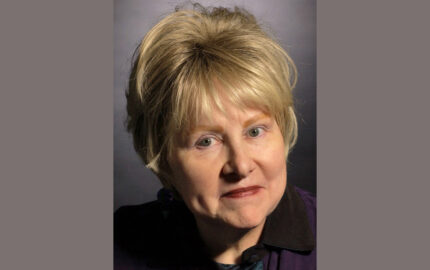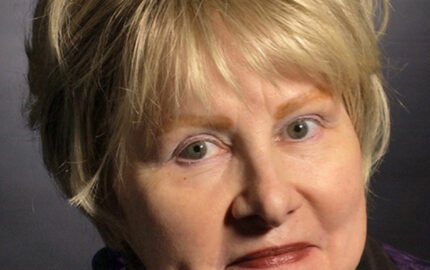In the spring of 2006, John Carroll stood before a room full of newspaper editors at their annual convention and asked, “What will become of newspapers?” It was his eloquent valedictory as an editor, having recently resigned from the Los Angeles Times. He was speaking for himself, bruised and disheartened from his struggles with the newspaper’s management, which was relentless in its drive to cut costs and sustain profits.
But on that day, he also spoke for the editors in the room. “Our mission is more daunting than that of our predecessors,” he said. “It is to ensure the existence, long into the future, of a large, independent, principled, questioning, deep-digging cadre of journalists in America, regardless of what happens to our newspapers.” Every editor listening wished he or she had the courage, the wisdom and the passion to defend the ideals of journalism as John did in that moment. Among his peers, he was deeply admired as a role model, an editor of integrity and vision who could lift the quality of journalism across the newsroom.
But on that day, he also spoke for the editors in the room. “Our mission is more daunting than that of our predecessors,” he said. “It is to ensure the existence, long into the future, of a large, independent, principled, questioning, deep-digging cadre of journalists in America, regardless of what happens to our newspapers.” Every editor listening wished he or she had the courage, the wisdom and the passion to defend the ideals of journalism as John did in that moment. Among his peers, he was deeply admired as a role model, an editor of integrity and vision who could lift the quality of journalism across the newsroom.


